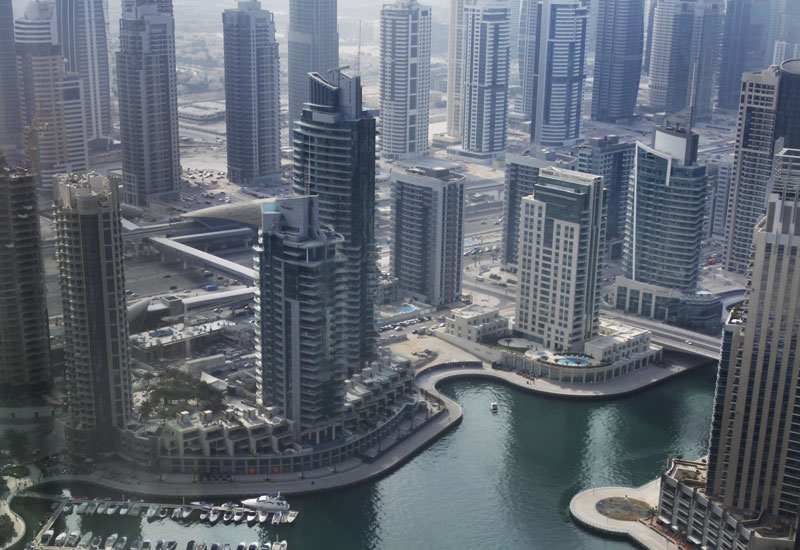The UAE is working towards attracting 20 million tourists by 2021, and sustainability is one of the buzzwords it is using to push its cause, reports Arabian Business.
Dubai hopes to become “green”, with the government aiming to have reduced energy use by 30% by 2030, and to generate at least 25% of its power from renewable sources, including solar, clean coal and nuclear.
The government also wants to eliminate waste sent to landfill within 20 years, and come up with more sustainable methods of water generation.
The UAE has also pledged that the World Expo 2020 site will be the “most sustainable ever”. At least 50% of the site will be constructed from recyclable materials and powered with renewable energy.
However, according to The 2015 UAE State of Energy Report, published by the government in January, says the UAE produced almost 20 tonnes of CO2 emissions per person in 2010, a 63% increase from 2000.
Water and electricity generation account for 33% of greenhouse gas emissions, followed by transportation, responsible for 22%.

| Advertisement |
It was revealed at the Hotelier Middle East: Sustainable Design and Operations Summit that approximately 75% of electricity consumption in the last year was by commercial and residential buildings. Targets for green building regulations include a 20% reduction of CO2, 15% water savings, and 20% energy savings.
Projects such as the Damac Rainforest are viewed with scepticism because of the resources associated with creating it. Damac senior vice-president Niall McLoughlin said to Arabian Business: “We are very conscious of the need to create this environment to the highest environmental standards and are working with international experts to ensure it meets all requirements.”
The UAE Green Building Guidelines were reissued in January 2014, and has also adopted the international LEED green building certification system. Several of the UAE’s biggest developers, including Emaar Properties, are embracing the new requirements. Nicholas Lander, regional sustainability lead at CH2M Hill, told our sister title that real estate developments which are not demonstrably ‘green’ are losing out in terms of how quickly they sell and the values they command.
In Dubai, an average person uses 20,000 kilowatt-hours of energy and 130 gallons of water per year, according to Dubai Electricity and Water Authority (DEWA), while water consumption across the UAE was estimated to be around 500 litres per day in 2013, according to the Federal Electricity and Water Authority.
This was 82% above the global average and three times higher than average per capita consumption in the European Union. Waste levels per capita are also among the highest in the world, with Abu Dhabi alone producing between 1.8kg and 2.4kg per person per day – almost double that of the UK.






web.jpg)



 Search our database of more than 2,700 industry companies
Search our database of more than 2,700 industry companies









